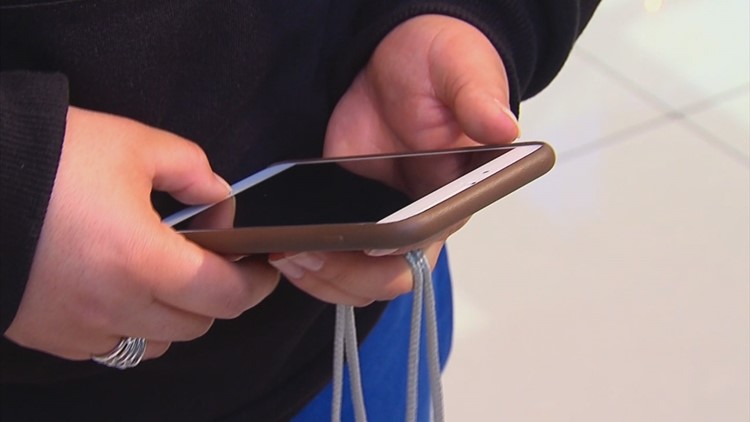WASHINGTON - A Florida man was issued a whopping $120 million for allegedly robocalling his neighbors and scamming them into buying timeshares and other travel packages.
The caller I.D. spoofing operation made over 100 million robocalls over a span of three months.
Adrian Abramovich, of Miami, Florida, would conducted 96 million robocalls in order to trick unsuspecting consumers into answering and listening to his advertising messages, according to the FCC.
The Truth in Caller I.D. Act prohibits anyone from deliberately falsifying caller I.D. information with the intent to harm or defraud consumers or unlawfully obtain something of value.
To increase the likelihood that a caller would answer his robocalls, Abramovich would make it look like the calls were local and would operate under the guise of well-known companies such as the Marriott, Expedia, Hilton and TripAdvisor.
If a caller would fall for the ad, they would be transferred to a foreign call center where live operators attempted to sell vacation packages that often involved timeshares.
The FCC got a number of complaint calls about this, including complaints from TripAdvisor and Spōk, a medical paging provider company.
Both companies assisted the FCC in the investigation to end the spoofing.
According to the FCC, consumer complaints about neighbor spoofing have more than dodubled in the first few months of this year, leading them to come out with some helpful tips to help people avoid getting manipulated by these scams.



